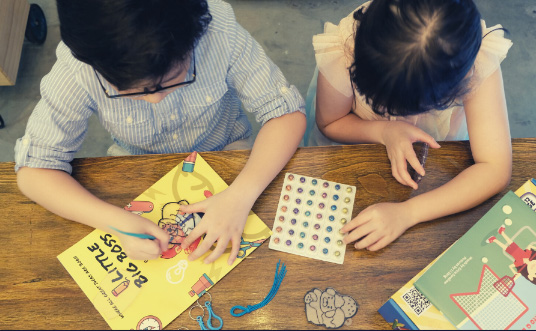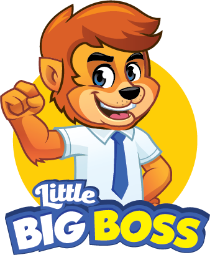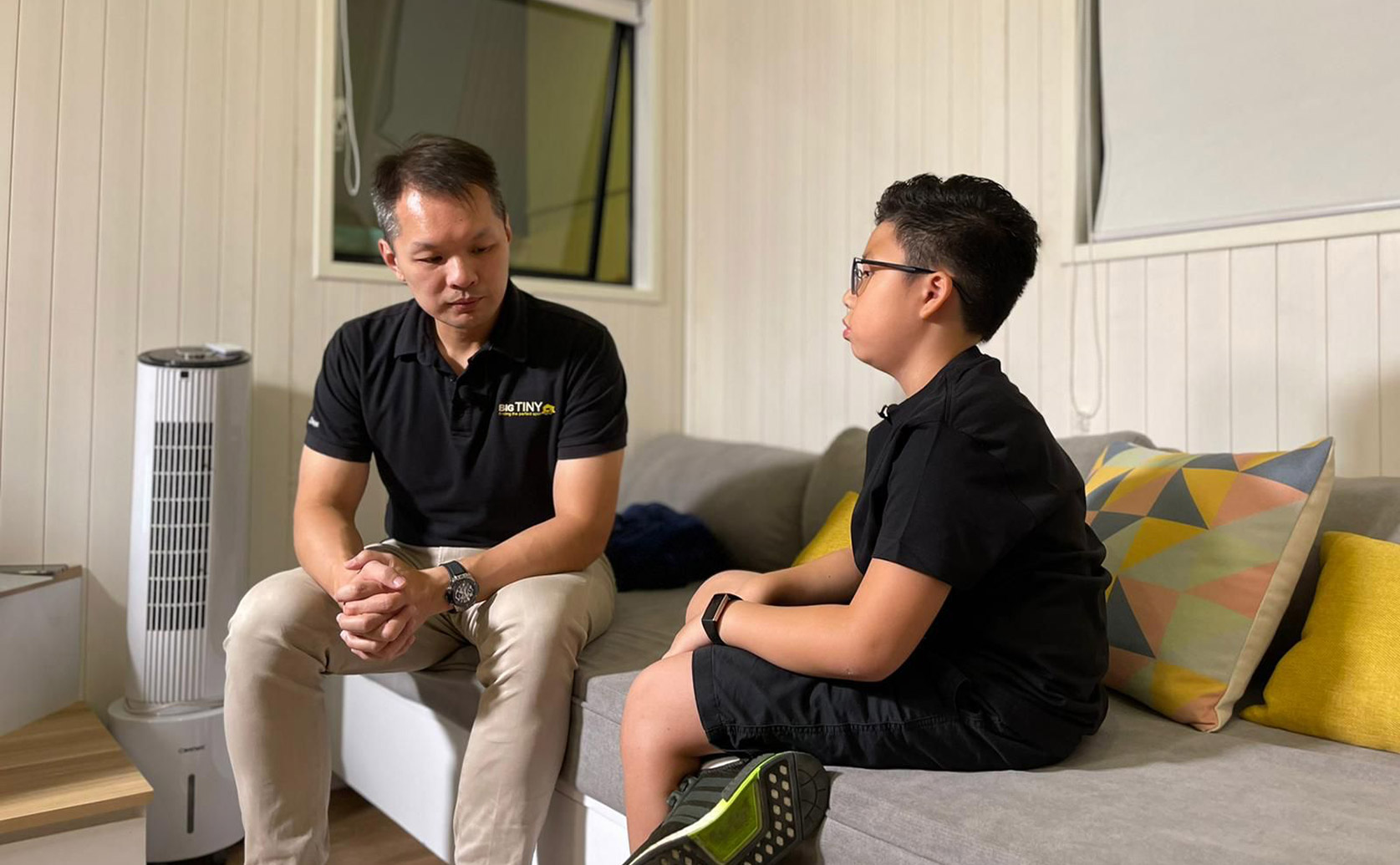
How has Covid-19 pandemic changed the norms in education for primary school children?
Circuit breaker in Singapore has happened not too long ago and the memories on how it has affected 3 main parties; the teachers, the working parents and school going children which forced them to embrace and adopt e-learning within the shortest possible time would have set lasting memories for some.
During the early stage of circuit breaker, where children were told not to go to school but to adopt home based learning via MOE Learning Management System (LMS) proved to be a struggle for the teachers, working parents and children.
I have seated right beside my niece during one of her first few zoom classroom sessions. Most of the time, the teacher has limited control over the individual behaviors and struggled to get everyone’s attention. The child, on the other hand, was trying to learn how to navigate the functions in Zoom such as enabling video and audio functions.
Parents who were supposed to be working at home during office hours, have to come in to assist their children in using Zoom and LMS where the children are not familiar with the tools inside LMS to input their answers.
Show and tell sessions turned out to be video making learning opportunities for the children. Music homework was to submit the audio of the musical instrument that the child has played at home. And suddenly the children have to expand their imaginations that they were doing mass exercises together as a class in the field which in fact the child was exercising alone in his room. All these became part and parcel of e-learning.
The early period of disruption on how to minimize the learning impact was unimaginable for many. No early warning was given and while many has managed to “survive” the e-learning period, the extensiveness of what e-learning can achieve after Covid-19 cannot be underestimated; for at least, it provides a first step in allowing leapfrogging efforts that helps learners to develop a broader range of competencies and skill outside the classroom context within a short period of time.
I witnessed how my 9 years old niece was forced to pick up computer literacy earlier; she has picked up many skills that she would not have done so at her age, if not for the sudden shift from physical class to e-learning.
Whether it was an effective learning approach for primary school children when they were being taken out of a classroom environment that they are more familiar with in such short notice, I do not have a definite answer, but for at least, it was one approach that any sound decision maker would have made given such circumstances to fight the pandemic without compromising the learning progress of school going children.
I believed that given enough time and resources, e-learning can be a good complementary learning tools that allows children to learn more extensively and effectively. And coupled with the integration of e-learning analytics in any learning management system, both the teachers and children can possibly achieve more than what they can in the pre-pandemic days.



